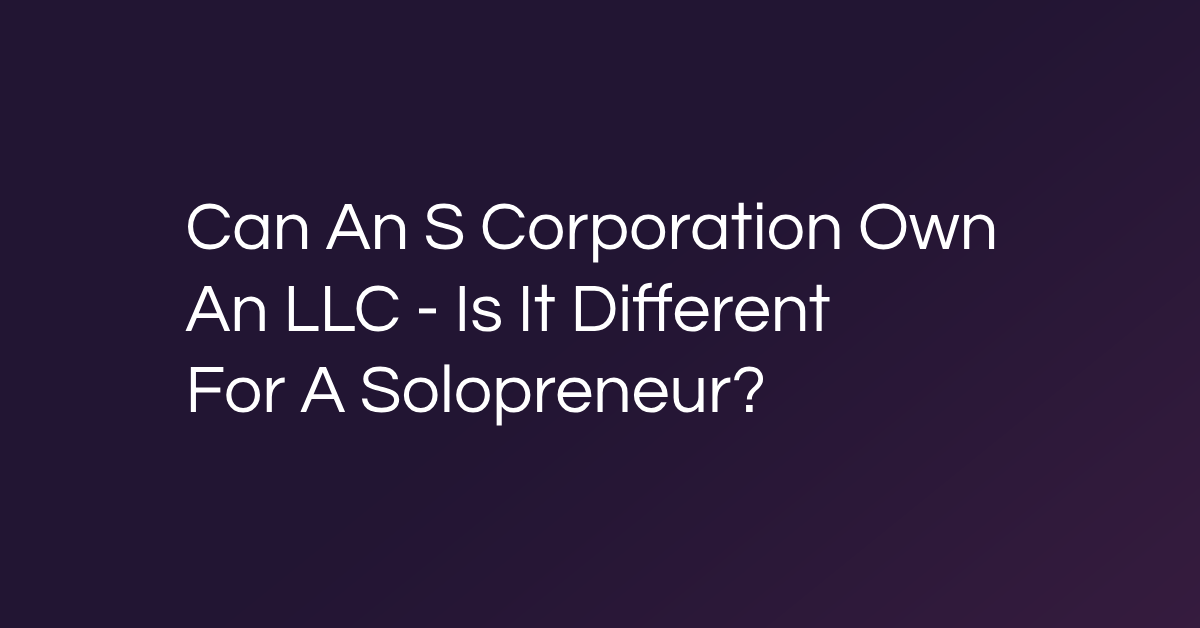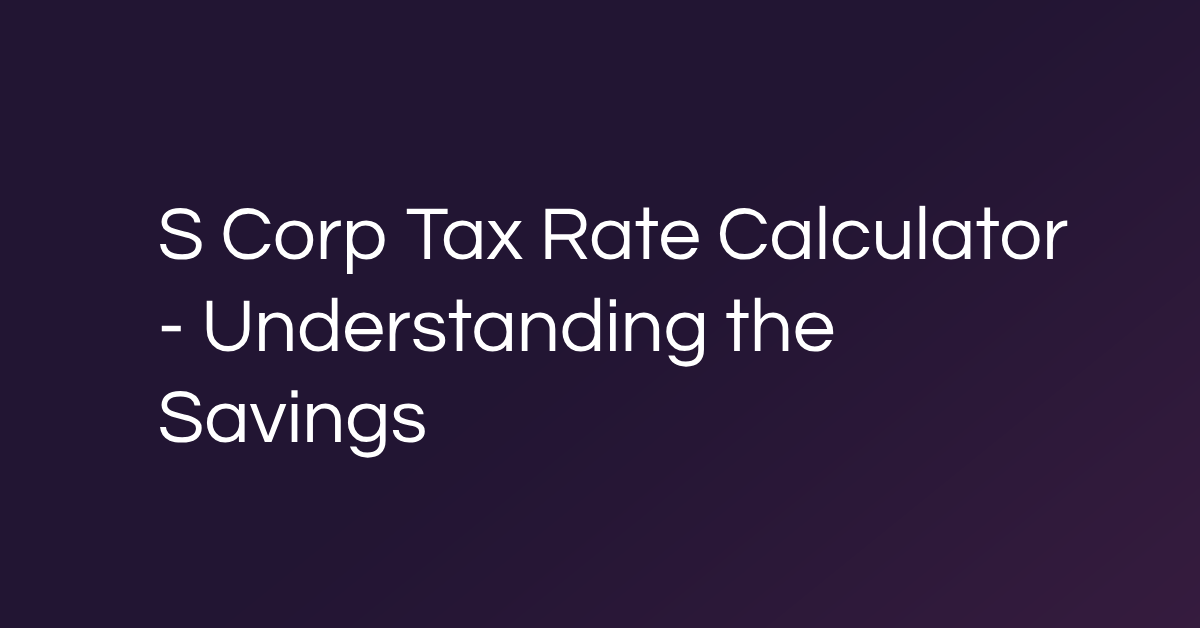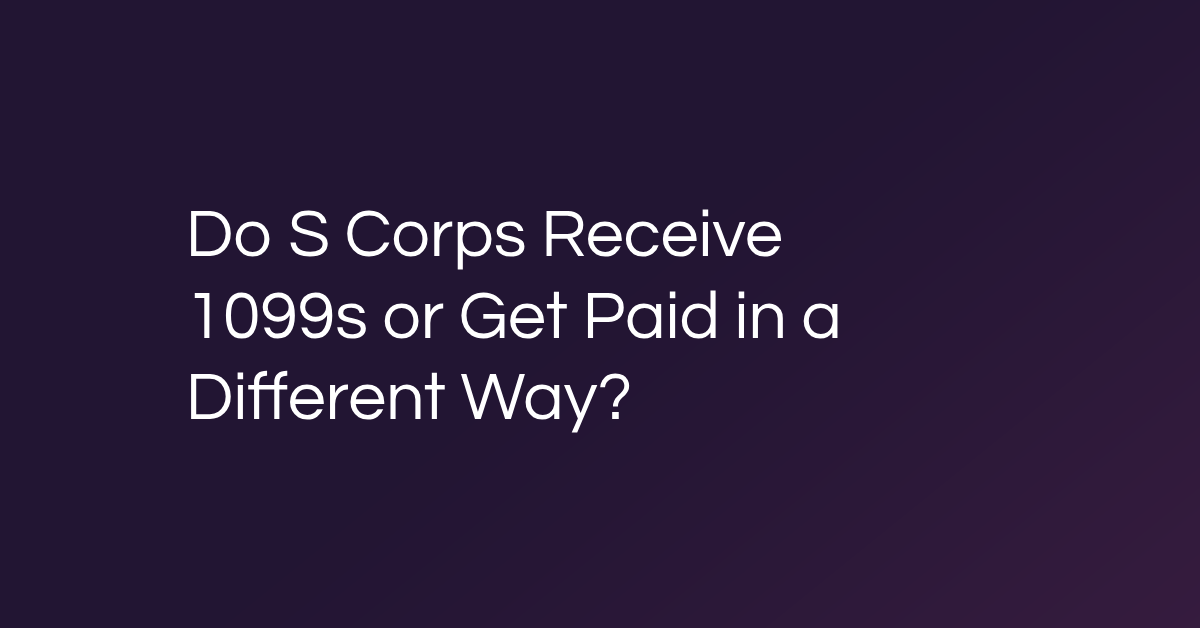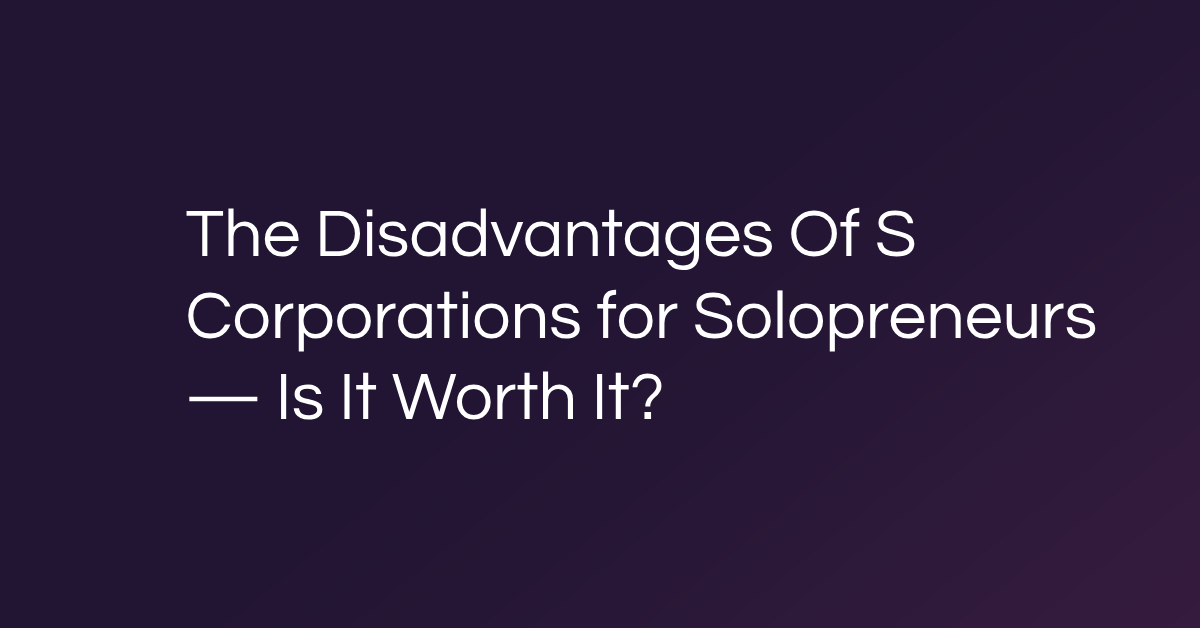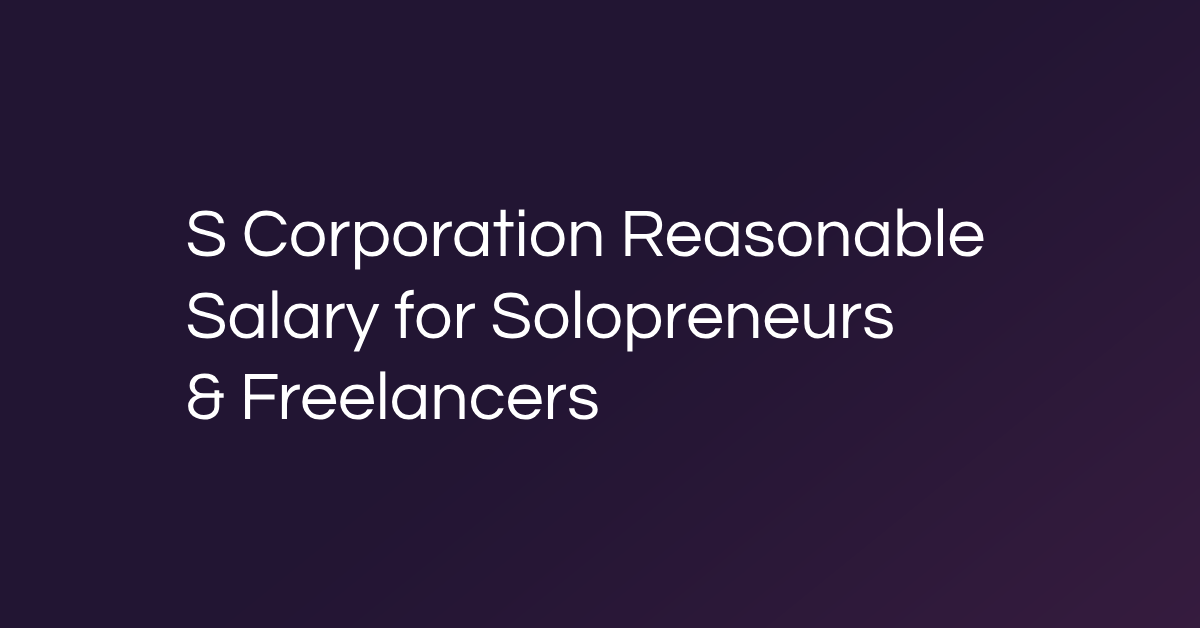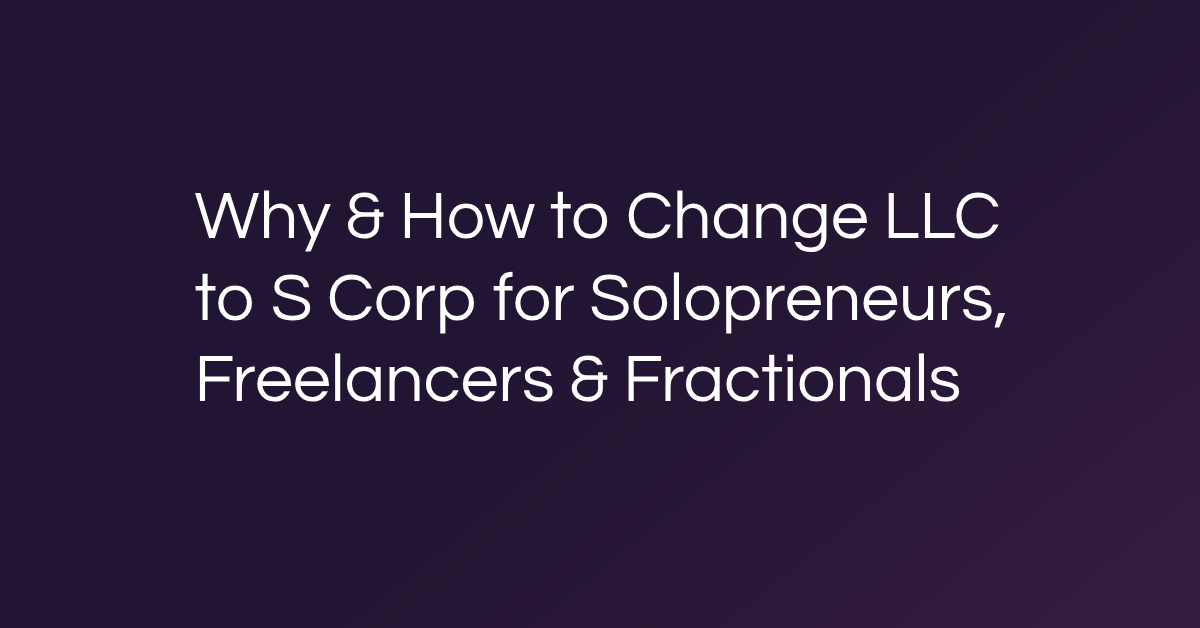Have you ever considered leaving the nine-to-five routine to take charge of your career? Many professionals who have dabbled in freelancing or consulting are drawn to the idea of being their own boss. A sole proprietorship is the simplest way to start a business, allowing individuals to operate independently with minimal setup.
While this structure offers flexibility and full control, it also comes with financial and legal risks. Unlike LLCs or S-corps, sole proprietors have no separation between business and personal assets, meaning they are personally responsible for debts and liabilities.
Learning how this business structure operates can provide valuable insights for those exploring self-employment. Get business inspiration from these helpful examples of sole proprietorships to see how different industries use this model and why many business owners eventually switch to an LLC or S-corp for added protection.
Understanding the basics of sole proprietorships
A sole proprietorship is the most straightforward business structure, making it a popular choice for individuals starting a business. It requires little to no formal registration beyond obtaining necessary business licenses or permits, and the owner has complete control over operations. Because there’s no legal distinction between the business and the owner, all profits and liabilities pass directly to the individual.
This simplicity makes sole proprietorships common among freelancers, independent consultants, and small-scale service providers. However, without the legal protections that come with forming an LLC or S-corp, business owners risk exposing their personal assets to potential lawsuits or financial difficulties.
Weighing the pros and cons of sole proprietorships
Starting a business as a sole proprietor has its perks but also has trade-offs. While this structure offers flexibility and minimal administrative requirements, it lacks the legal protections and growth opportunities available with more structured entities.
Advantages of sole proprietorships
- Simple and low-cost setup: Starting a sole proprietorship requires minimal paperwork and avoids complex registration processes.
- Full control: Owners make all business decisions independently, without the need for approvals from partners or shareholders.
- Straightforward taxes: Business earnings are reported on the owner’s personal tax return, eliminating the need for separate corporate filings.
Disadvantages of sole proprietorships
- Unlimited personal liability: The owner is personally responsible for business debts and legal claims, putting personal assets at risk.
- Limited funding opportunities: Banks and investors often prefer structured entities, making it harder for sole proprietors to secure financing.
- Higher tax burden: Without tax classification options available to LLCs and S-corps, sole proprietors must pay self-employment taxes on all earnings.
Everyday business scenarios using sole proprietorships
Freelancers and independent contractors often operate as sole proprietors. For example, freelance and fractional marketing consultants use this model to offer specialized advice without the complexities of a corporate structure. Similarly, freelance writers and fractional HR professionals manage their projects independently under this setup.
A sole proprietor handles everything from marketing and client relations to financial management. This hands-on approach allows for direct communication with clients and quick decision-making. However, as businesses grow, the lack of support and scalability can become a hindrance. Many successful entrepreneurs start as sole proprietors before transitioning to an LLC or S-corp, allowing them to protect their assets and access new growth opportunities.
Real-world instances of sole proprietorships
Many successful businesses began as sole proprietorships before evolving into more structured entities. Entrepreneurs often start with a simple business model before scaling operations and securing greater financial and legal protections.
You’ll likely recognize a few of these major industry players that all started as sole proprietorships:
- Amazon: Before becoming a global powerhouse, Jeff Bezos launched Amazon as a small online bookstore operated as a sole proprietorship. The company later transitioned to a corporate structure as it expanded into new markets.
- eBay: Initially launched as a side project by Pierre Omidyar, eBay started as a sole proprietorship before rapidly expanding into an international e-commerce platform. The company’s shift to a corporate structure helped it attract investors and scale operations.
- Kinko’s: Before becoming a nationwide brand, Paul Orfalea launched Kinko’s as a small photocopying business in 1970 near a college campus. Initially operating as a sole proprietorship, the business grew rapidly, leading to partnerships and, eventually, a corporate structure before being acquired by FedEx.
These businesses illustrate how sole proprietorships can successfully transition into major corporations, demonstrating the potential for growth under this simple business structure.
While sole proprietorships provide a simple way to start, many entrepreneurs transition to LLCs or corporations as their businesses grow. Forming an LLC or corporation enhances credibility, reduces liability, and provides long-term business stability.
Common questions about sole proprietorships
Starting a sole proprietorship often raises various questions for aspiring entrepreneurs. Below are answers to some of the most frequently asked questions about managing and operating a sole proprietorship.
Do I need to register a sole proprietorship?
In most cases, formal registration is not required beyond obtaining the necessary business licenses and permits. However, using a business name different from your legal name may require a DBA (Doing Business As) registration with your state.
How do sole proprietors pay taxes?
Sole proprietors report business income on their personal tax return using Schedule C (Form 1040). Unlike corporate structures, sole proprietors are subject to self-employment taxes, covering Social Security and Medicare contributions.
Can a sole proprietor hire employees?
Yes, but hiring employees requires obtaining an Employer Identification Number (EIN) from the IRS and complying with state employment laws. Sole proprietors are responsible for payroll taxes and workers’ compensation insurance where required.
What happens if a sole proprietorship gets sued?
Personal assets can be at risk because there is no legal separation between the owner and the business. Forming an LLC can help protect personal finances from business-related lawsuits and debts.
For those considering alternatives, Besolo provides guidance on transitioning from a sole proprietorship to an LLC or S-corp for greater legal and financial security.
Choosing the right business structure
While sole proprietorships offer simplicity, they come with significant risks. Owners assume full liability for business debts, have fewer funding opportunities, and must handle all legal responsibilities personally.
Structuring as an LLC or S-corp provides long-term benefits, including:
- Personal asset protection: Limits liability by separating business and personal finances.
- Tax flexibility: Allows business owners to optimize tax filings and reduce self-employment taxes.
- Credibility and growth potential: Enhances trust with clients, investors, and financial institutions.
Transitioning to an LLC or S-corporation is a smart move for entrepreneurs ready to build a stable, scalable business. Besolo simplifies the process with Solo LLC and Solo S Corp, handling formation, compliance, and business management tools in one seamless platform.
Secure your business, protect your assets, and set yourself up for success — become a Besolo member today!


